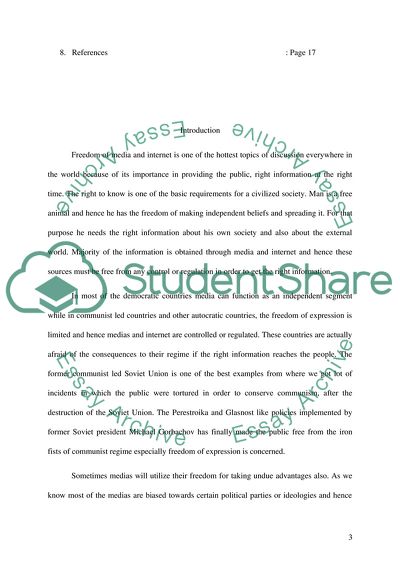Cite this document
(Censorship And Propaganda In Chinese Media Research Paper, n.d.)
Censorship And Propaganda In Chinese Media Research Paper. Retrieved from https://studentshare.org/media/1722645-medias-and-internet-in-china-between-censorship-and-propaganda
Censorship And Propaganda In Chinese Media Research Paper. Retrieved from https://studentshare.org/media/1722645-medias-and-internet-in-china-between-censorship-and-propaganda
(Censorship And Propaganda In Chinese Media Research Paper)
Censorship And Propaganda In Chinese Media Research Paper. https://studentshare.org/media/1722645-medias-and-internet-in-china-between-censorship-and-propaganda.
Censorship And Propaganda In Chinese Media Research Paper. https://studentshare.org/media/1722645-medias-and-internet-in-china-between-censorship-and-propaganda.
“Censorship And Propaganda In Chinese Media Research Paper”, n.d. https://studentshare.org/media/1722645-medias-and-internet-in-china-between-censorship-and-propaganda.


